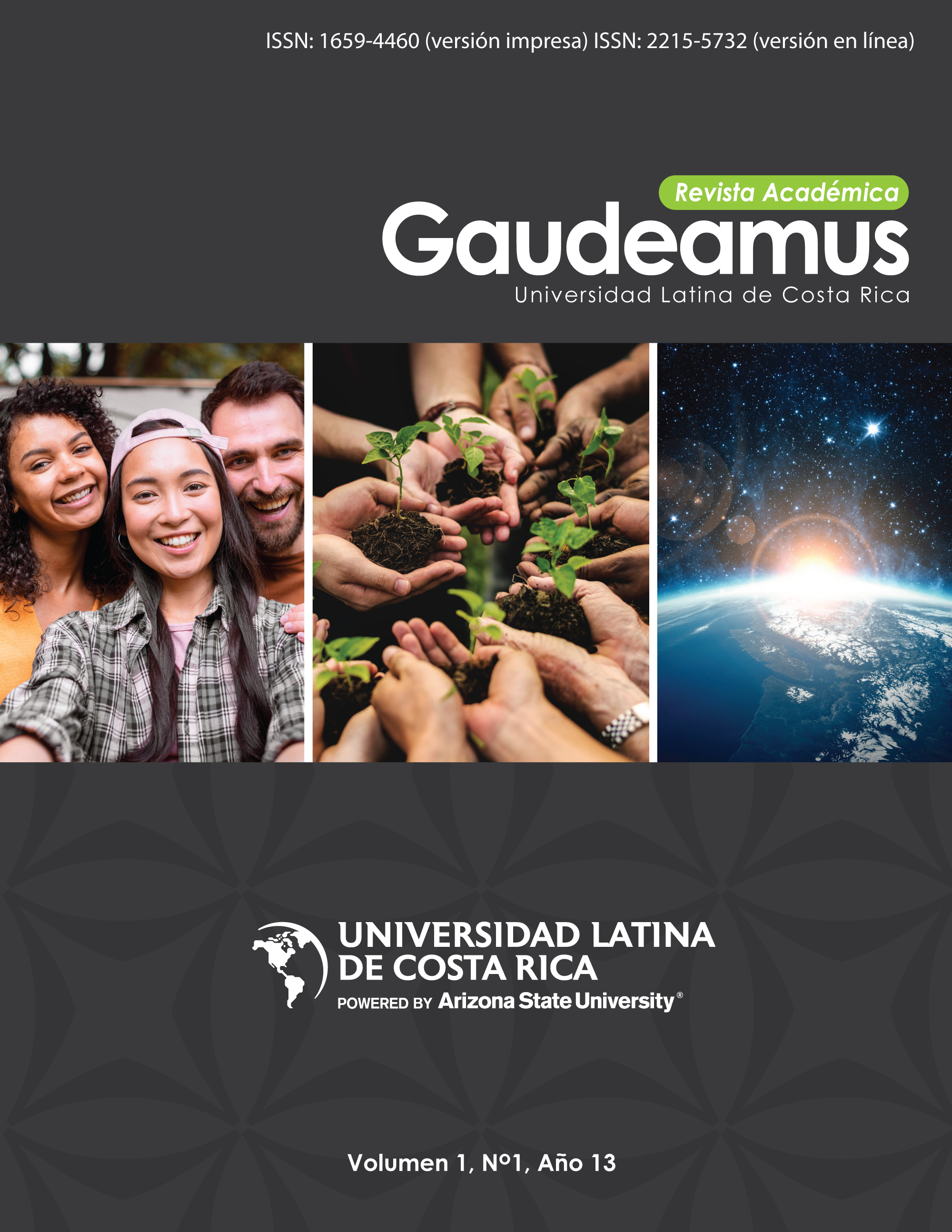he WTO Appellate Body crisis: causes, consequences, and prospects for reform.
Abstract
The paralysis of the WTO Appellate Body is not a mere administrative issue, but an institutional crisis that reshapes the rules of global trade and poses a serious risk to the organization’s credibility. The dispute settlement system has been weakened since December 2019, when the appointment of judges was blocked, rendering the body inoperative. As a result, many countries have turned to unilateralism, the adoption of questionable trade policies, and the escalation of tensions among major powers such as China, the United States, and the European Union. Although the MPIA (Multi-Party Interim Appeal Arbitration Arrangement) and other alternative mechanisms provide a temporary solution and preserve arbitral functions among some members, they cannot replace the global legitimacy of the Appellate Body. This crisis, far from being circumstantial, exposes the fragility of multilateralism and underscores the urgent need for comprehensive reform of the WTO to adapt to the challenges of the 21st century, including the rise of new economic powers, digitalization, and sustainability.







